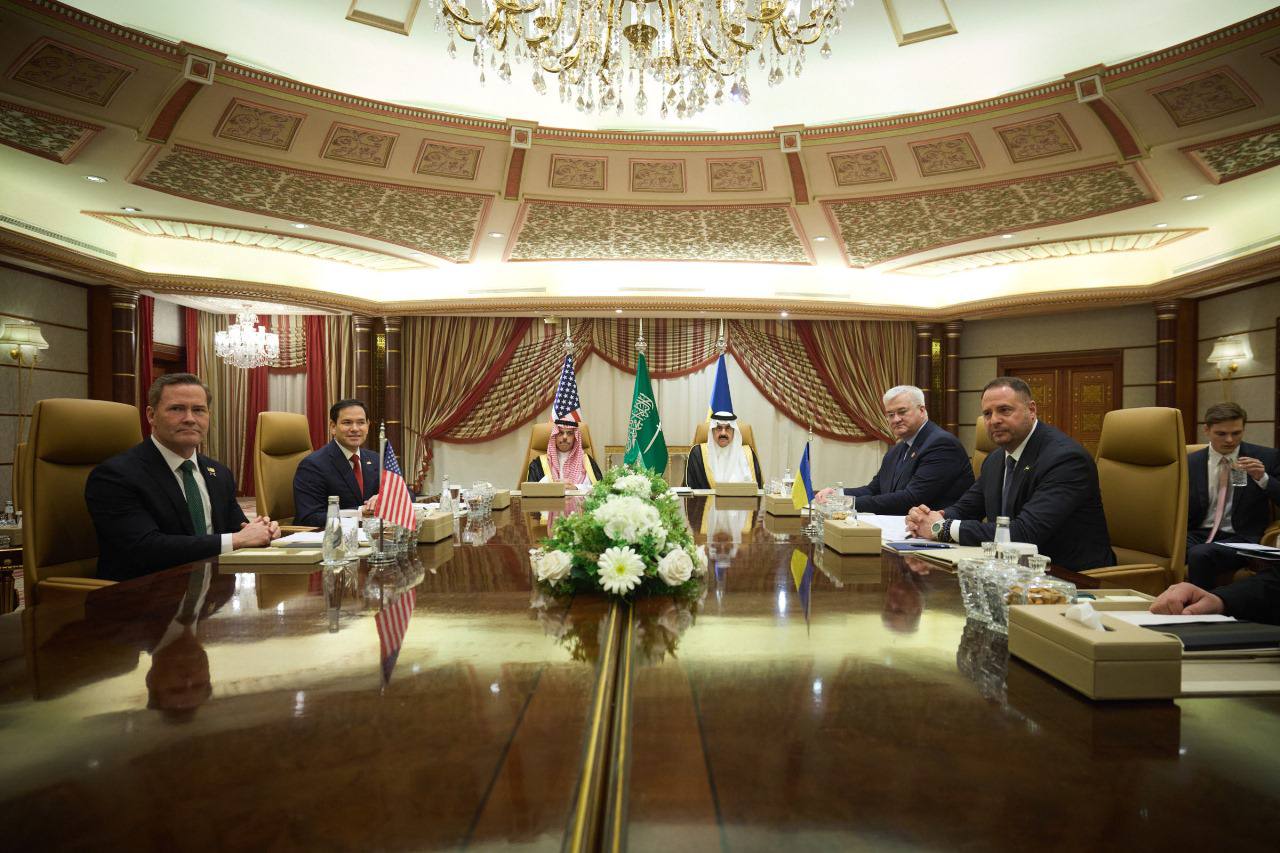Trump to invite Zelensky back to White House following Saudi talks

U.S. President Donald Trump said on March 11 that President Volodymyr Zelensky is welcome to return to the White House following talks in Saudi Arabia, where Ukraine agreed to a temporary ceasefire.
Trump reiterated that Ukraine had accepted a full 30-day ceasefire proposal during negotiations in Jeddah and expressed hope that "Russia will agree to it."
"We're going to meet with them (Russia) later on today and tomorrow, and hopefully, we'll be able to (work) out a deal. I think the ceasefire is very important," Trump said.
When asked if Zelensky would be invited back to the White House, the U.S. president responded, "Sure, absolutely."
The development comes after weeks of strained ties between Kyiv and Washington following a heated Oval Office exchange between Trump and Zelensky on Feb. 28.
This clash derailed plans to sign a bilateral mineral resources deal and led to the freeze of U.S. military aid and intelligence sharing. In the aftermath, White House officials signaled that Zelensky needed to apologize and commit to peace talks to restore discussions.
On March 4, Zelensky called the confrontation "regrettable" and reaffirmed his willingness to work toward peace under Trump's "strong leadership."
Following negotiations in Saudi Arabia, Ukraine confirmed its readiness to implement a temporary 30-day ceasefire, contingent on Russia's adherence to the agreement.
The decision marks a significant shift, as Ukrainian officials had previously warned that any pause in fighting would allow Russia to regroup and prepare for future offensives.
Talks in Jeddah also resulted in Washington restoring military and intelligence support to Ukraine, reversing Trump's earlier decision to suspend assistance after the Feb. 28 dispute.












